Condensed Matter Physics
To study the laws of motion of elementary particles such as electrons, phonons, and photons in low-dimensional condensed matter and the fundamental theories and new (quantum) effects of electricity, magnetism, sound, light, and heat, and to provide theoretical foundations for applied research.
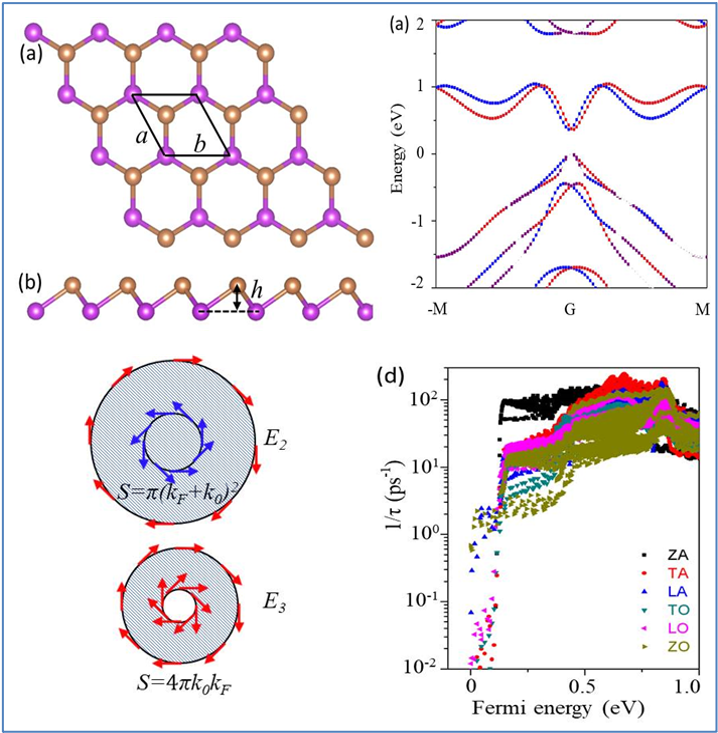
Quantum Functional Materials and Devices Physics
Based on quantum theory, develop new functional materials and devices, mainly referring to electronic, optical, acoustic, optoelectronic, acousto-optic superstructures and other materials and devices, and explore the physical mechanisms and regulatory principles of the devices.
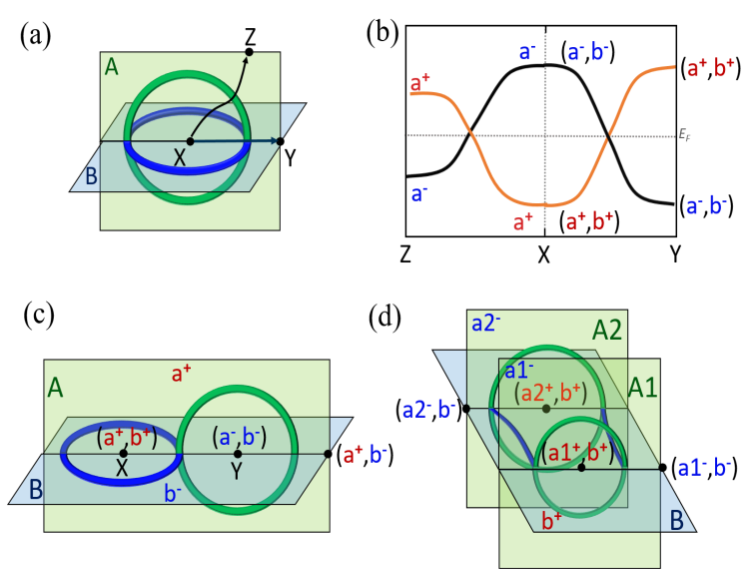
Ultrasonic Field Theory and Detection
To study the excitation and propagation of specific ultrasonic fields, to develop new sensing technologies/acoustic metamaterial sensor devices, to form new theories and technologies for structural damage detection, and to provide an important means for non-destructive testing and structural health management of agricultural equipment.
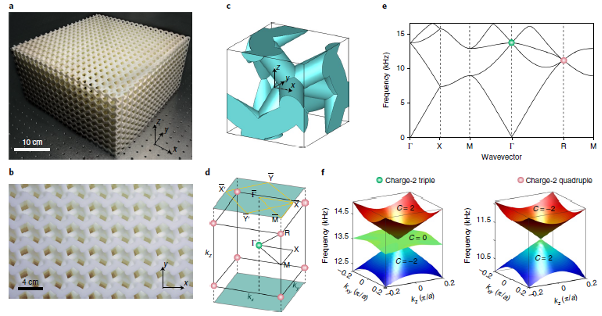
Quantum Modulation and Optical Physics
Utilizing optical properties and photoelectric conversion principles, research on new theories and technologies for accurate, non-destructive, real-time and intelligent photoelectric sensing and detection. Promote the rapid development of rapid non-destructive testing of agricultural quality and safety and crop growth, online testing of agricultural equipment and intelligent monitoring of agricultural facilities.
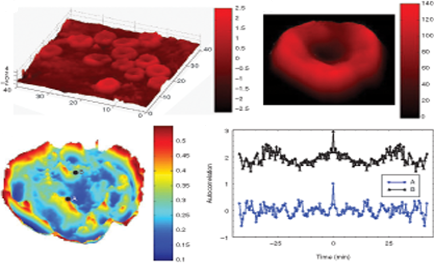
AI for Science
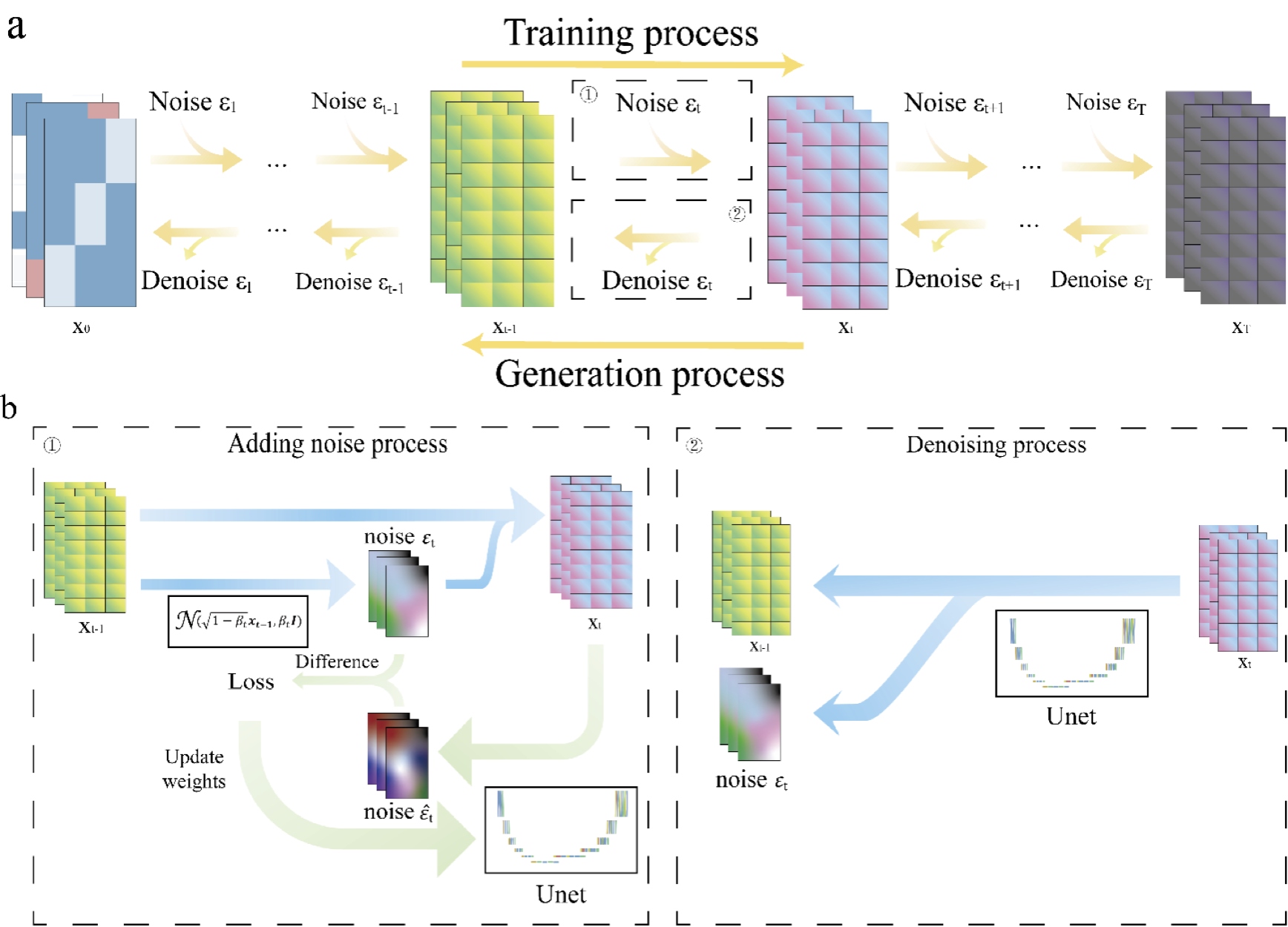
Why is AI for Science Important?
Data-Driven Discoveries: Scientific research generates massive datasets. AI helps in managing, processing, and extracting meaningful insights from these datasets, enabling data-driven discoveries.
Efficiency and Accuracy: AI enhances the efficiency and accuracy of research by automating repetitive tasks, reducing human error, and enabling more precise experiments and simulations.
Innovation Across Disciplines: From biology and chemistry to physics and environmental science, AI applications are transforming how research is conducted, leading to groundbreaking innovations and solutions to global challenges.
Key Areas of Impact
Bioinformatics and Genomics: AI is used to decode genetic information, understand diseases, and develop personalized medicine.
Material Science: AI models predict the properties of new materials, accelerating the development of innovative materials with specific characteristics.
Climate Science: AI enhances climate models, helping scientists understand climate change patterns and predict future environmental scenarios.
Physics and Astronomy: AI algorithms process data from experiments and telescopes, leading to discoveries of new particles and celestial bodies.
Skills and Knowledge You Will Gain
You will acquire a robust set of skills and knowledge that will empower you to:
Understand and apply AI algorithms and techniques to scientific research.
Develop and implement AI models to solve complex scientific problems.
Analyze and interpret large datasets to extract valuable insights.
Collaborate effectively across multidisciplinary teams to drive innovation.